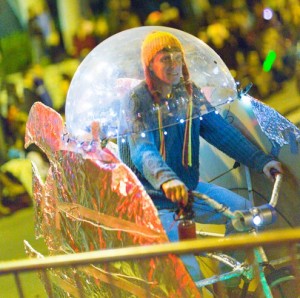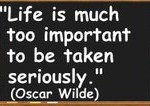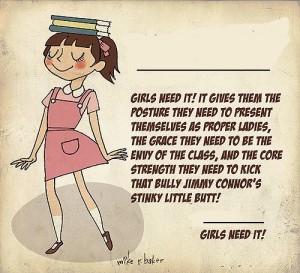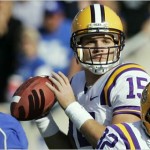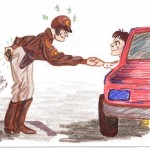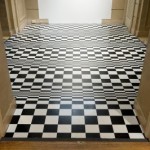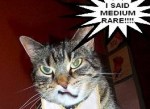Copy homework into planner.
Go over Test #14.
Research/Writing your HFN.
- Start a Google or Word Doc.
- When you find a source that looks likely, copy/paste the URL onto the end of your document.
- Make your searches as specific as you can:
- “1300s baker daily work”
- “medieval peasant meal”
- “medieval peasant cottage”
- “1300s children play”
- Be aware of the quality and reliability of the sources. URLs that end with .edu and .gov and .org tend to be more trustworthy. Look for site and author info. If you can’t, you should probably steer clear.
- Remember: You can use real books for research too. (For example, your history textbook.)
- As you plan your story, keep in mind the plot diagram. Set the scene, reveal the problem, work through it, solved! (Or not.)
- If you are not in GoogleDocs, save all the time.
- If you don’t have a computer or net access at home, print what you have at the end of the period.

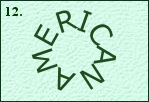 b)
b) 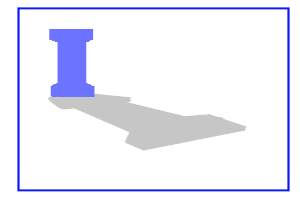 c)
c) 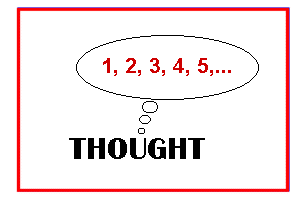 d)
d) 
